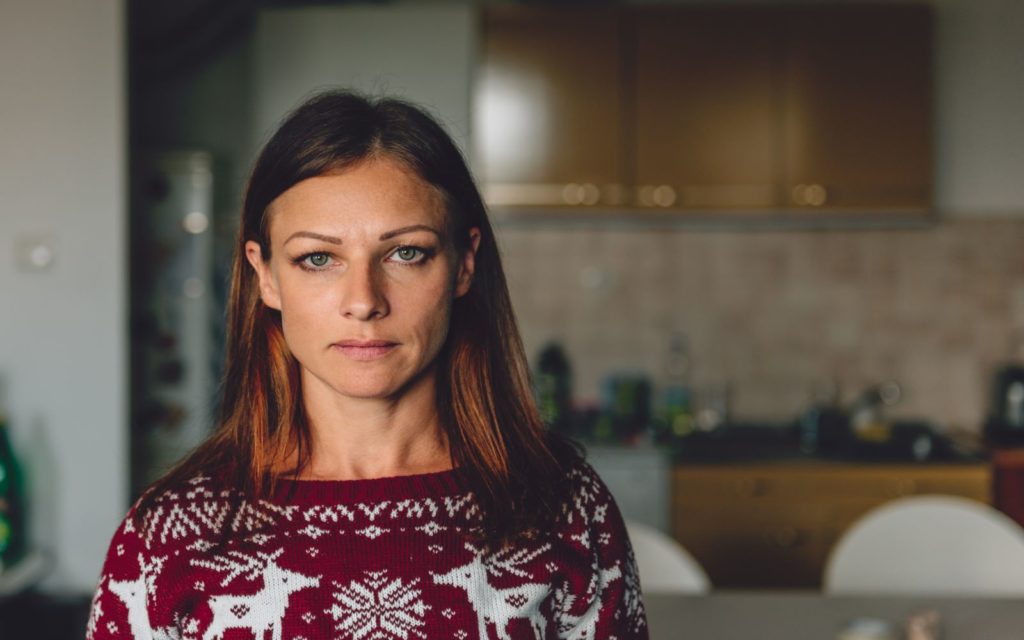
Why is domestic abuse often not reported?
People often ask, “Why do they not report the abuse? Why don’t they leave? Why don’t they get help?”
In reality. . . domestic abuse and the difficulties faced when you experience trauma can often make reporting such crimes extremely difficult. Whilst there are laws to protect against domestic abuse (including the Serious Crime Act 2015, which made coercive control illegal in England and Wales), several factors could prevent those affected from coming forward to have their voices heard.
There could be fear of retaliation– many often feel ashamed to tell family members or professionals for fear of being judged or not believed. Often an abuser will make them feel responsible for the abuse or imply that they were somehow at fault.
There could be fear of consequences- will Children’s Services become involved? Will they be arrested? Will I have to go to court? Will I struggle financially if I end the relationship? Will my wider family be affected? These are often questions those impacted by domestic abuse will ask themselves.
Furthermore, some may stay for the sake of the children, not wishing for the children to grow up in a single-parent household. Often the abuser will have threatened to take the children away if they should ever decide to leave.
Additionally, many people feel unable to report abuse that happened several years ago due to the time that has passed. Some live in a society where domestic abuse is overlooked, and multiple incidents are ‘brushed under the carpet or a ‘taboo’ subject within family and community circles.
Countless do not contact domestic abuse agencies or the police simply because they lack information about the type of support available to themselves and their families. We at SWACA help support and advise those with current or historical abuse incidents. Our team will be there to listen, give specialist advice and offer ongoing support if required.
Below are several other factors which may be a barrier
- A belief that the abuse will end/the abuser will change
- Fear of loneliness
- Fear that the abuser may not cope alone
- Lack of confidence in professionals
- Cultural and religious constraints
- Fear of emotional harm to your children
- Fear of being at further risk if you speak out or attempt to leave
- Fear of being socially isolated from friends and family
If you require support for yourself or you are concerned about someone in Sefton, please contact us.
Alternatively, you can ring the free National Domestic Abuse helpline on 0808200247.



